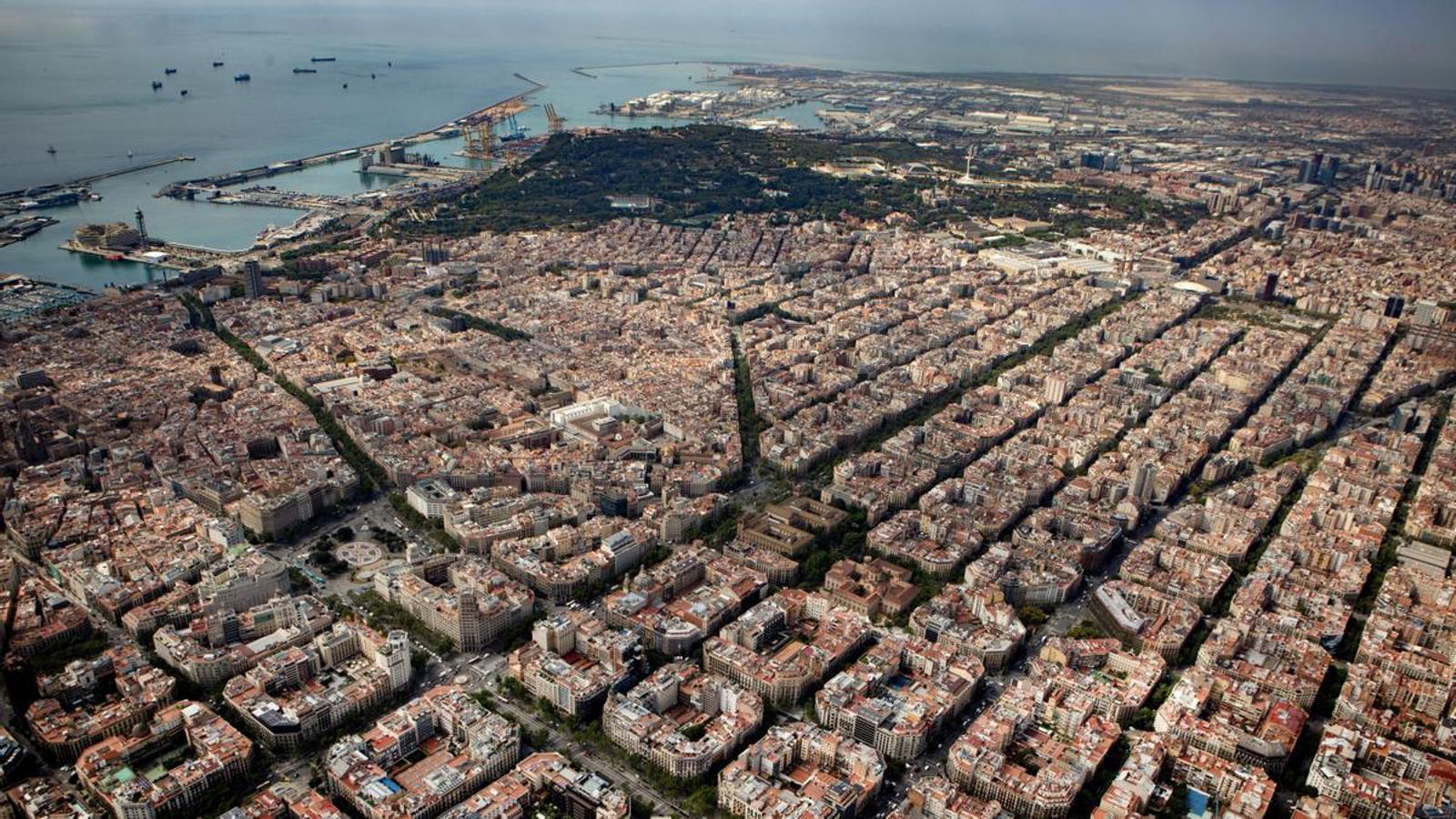The Free Trade Zone, District 4.0 and 22@


As a member of the Barcelona Society of Friends of the Country, a few days ago I attended a talk to which we invited Pere Navarro, current delegate of the Barcelona Free Trade Zone, who explained the important process of modernization and attraction of technology companies that is underway in this area, which is known as one of the centers related to artificial intelligence, nanotechnology, robotics, and cybersecurity, as well as its use in health, mobility, and other areas. It's good to be aware of what's happening. I think it could be very important for the future of the country, especially now that we are experiencing a time of great change and strong uncertainty in the economy and global politics. That's why I'm writing this article, eager to make it known.
I can't hide the fact that I do so also because, while listening to the explanations about the current objectives and difficulties, I was recalling similar personal experiences I had some 25 years ago, when I was president of the early days of 22@BCN, where we were making decisions to guide its future. Barcelona now has two "districts" (22@ and DFactory 4.0), one already established and the other under construction, which we must value, strengthen, and help ensure they act in a coordinated manner. I now comment on four aspects that have always been important for improving the quality and productivity of industries and which I see as continuing to be current objectives. I know them very well because they were already part of the ones we had when we created 22@.
1. Transfer knowledge to technological tools and innovation. The creation and discovery of new knowledge are at the foundation of all human progress, both economic and, above all, well-being. Therefore, it is necessary to have a multifaceted rapprochement between the places where knowledge is created and the places where it is transformed into progress; more clearly, between research centers and companies. Many large industrial companies have internal research, and this facilitates the transfer of knowledge. However, this is not the case in medium-sized and small companies, and it is therefore necessary to replace it with joint and shared research, or by establishing business agreements with university research centers. The proximity of industrial districts greatly facilitates this transfer, which can be achieved by creating an internal research center or through district agreements with nearby external university centers.
2. Knowledge, skills and experienceThere is increasing talk of the need to attract "talent" because it is one of the requirements for increasing productivity and the quality of work performed. However, there are several types of talent, and it must be kept in mind that all are necessary. One of them is related to high university qualifications, and it is undoubtedly very necessary. Also essential is what we call "professional capacity," which also has qualifications, but although it can be mistakenly described as "intermediate level," it is equally essential. Currently, this type is scarce because it has been considered of lesser importance and remuneration. And thirdly, it is necessary to highly value the experience acquired not through study but through learning in previous jobs. All these variables must be taken into account when determining the content and availability of personnel in a district.
3. Polygons or urban districts. We were used to talking about "industrial estates," a concept that implied a physical separation between businesses and housing, that is, a concentration of factories outside of cities and the need for extensive mobility systems. This will likely continue to be the case for large companies, but with modern businesses, this won't be necessary, and they can coexist perfectly with housing in urban districts. This must be taken into account when planning high-quality industrial areas.
4. Business attraction and concentration. Having common spaces where diverse companies can be located and where they can share many types of services greatly helps create opportunities for collaboration between them or even in merger processes.
Barcelona has a very attractive university, meteorological, cultural, and tourist environment. If the spaces where new companies can locate and the new housing for their work are made attractive, we can expect a bright future. I believe the people currently running 22@ are very competent, and I think the one pushing D4.0 is very successful. They have all demonstrated the will and ability to attract companies from all over the world. Barcelona has a great opportunity to increase its role in Europe. Go ahead!
